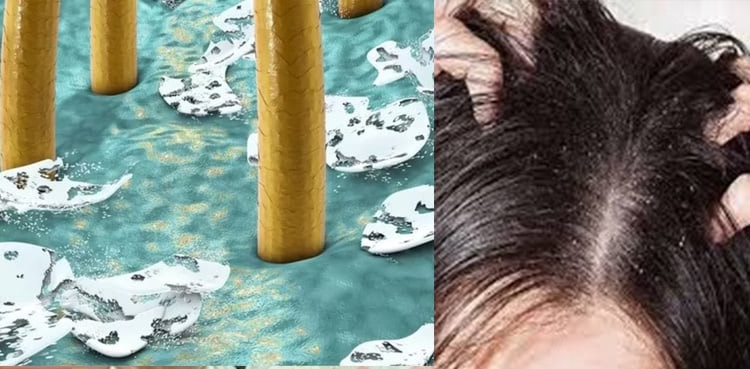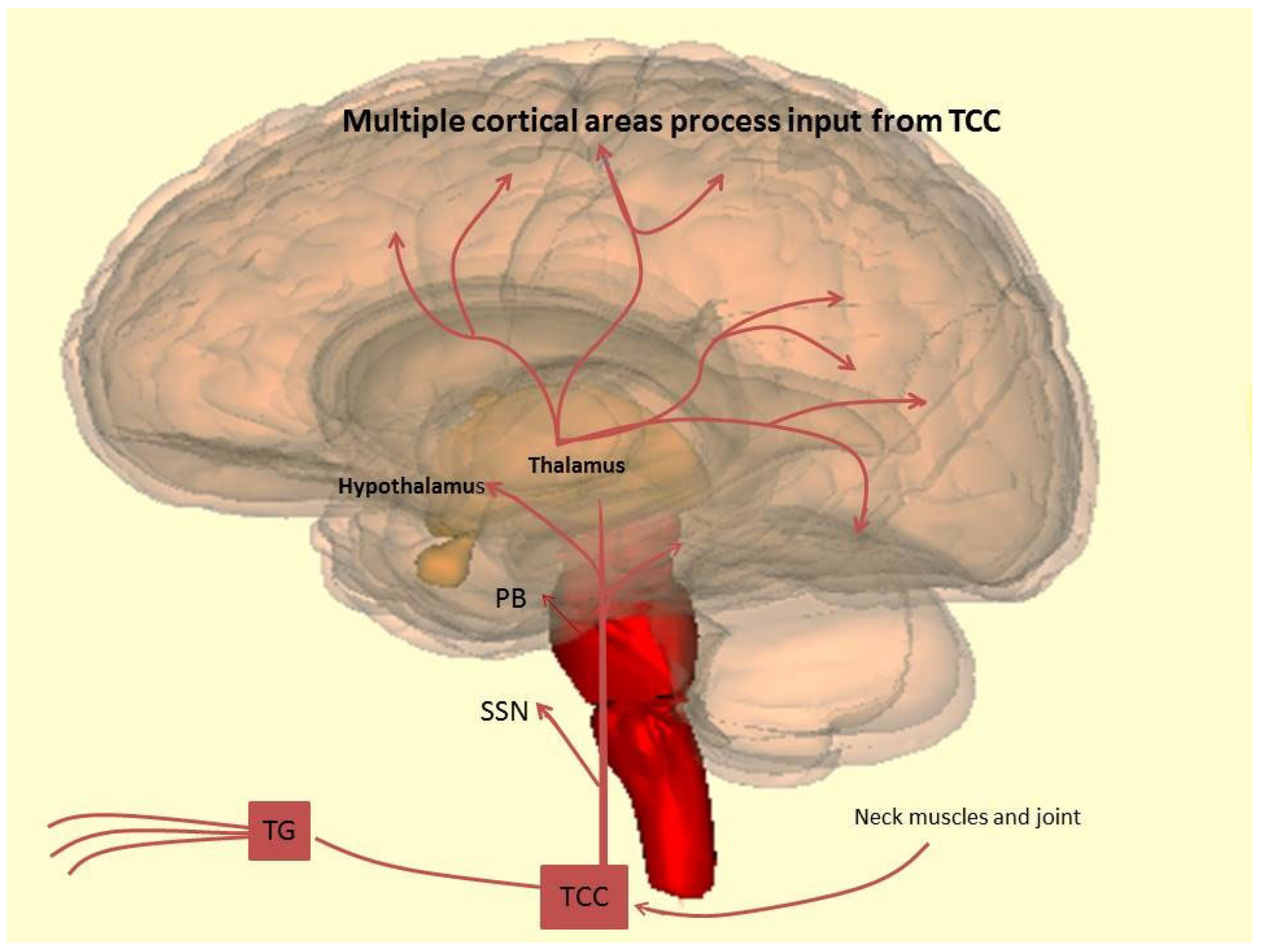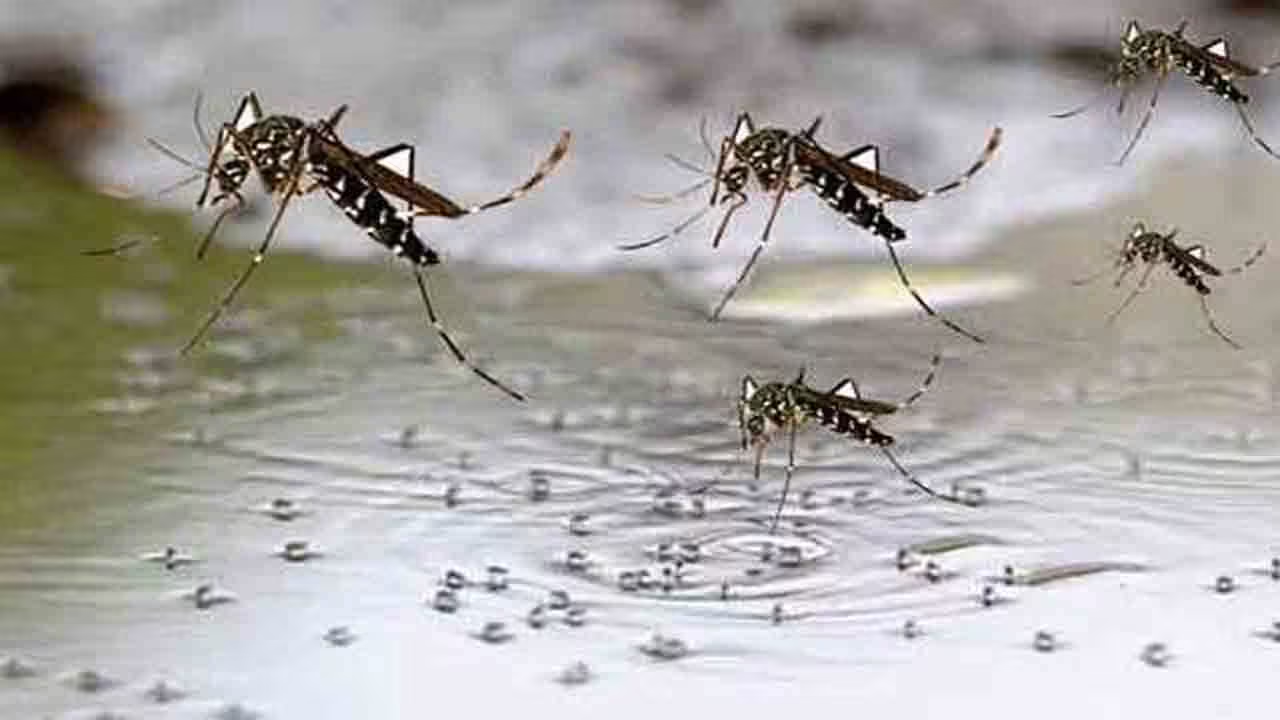It’s quite common to experience dandruff during the hot summer months, especially when sweating leads to an itchy, flaky scalp. But if dandruff becomes a persistent problem, it’s time to dig deeper—because the culprit might not just be the weather or poor hygiene.
Did you know that nutritional deficiencies, especially a lack of zinc, could be a hidden cause of dandruff? Surprised? You’re not alone.
According to senior dermatologist Dr. Neha Sood, dandruff isn’t just caused by fungal infections or dry weather. It can also be triggered by nutritional gaps in the body. “People often blame external factors, but deficiencies in vitamins and minerals like vitamin B and zinc play a huge role in scalp health,” she explains.
Dr. Sood notes that vitamins B2, B6, and B12, along with omega-3 fatty acids, are essential for maintaining a healthy, moisturized scalp. A deficiency in these nutrients can lead to dryness, irritation, and flakiness, making the scalp more prone to dandruff.
Zinc, in particular, is vital for skin, hair, and nail health,says Dr. Sood. “It helps repair cells, control inflammation, and regulate oil production on the scalp. When zinc levels drop, the scalp weakens, leading to excessive shedding of dead skin cells, which shows up as dandruff.
Fortunately, boosting your zinc intake is as simple as adjusting your diet. Foods like pumpkin seeds, milk, and dairy products are excellent sources of zinc and can support a healthier scalp.
In addition to improving nutrition, there are several simple yet effective home remedies that can help reduce dandruff and soothe an irritated scalp. Here are seven dermatologist-backed tips you can try at home:
Aspirin Treatment
Aspirin contains salicylic acid, an ingredient commonly found in anti-dandruff shampoos. Crush two aspirin tablets into a fine powder and mix it into your regular shampoo. Apply the mixture to your scalp, leave it on for one to two minutes, then rinse thoroughly. Follow up with a regular shampoo rinse. You might be amazed at the difference.
Baking Soda Scrub
Skip the shampoo for a day and instead massage a handful of baking soda directly onto your wet scalp. Baking soda acts as a natural exfoliant, reducing the fungi that can contribute to dandruff. Leave it on for a minute or two, then rinse thoroughly with water.
Apple Cider Vinegar Rinse
Apple cider vinegar is hailed by hair experts as one of the best natural solutions for dandruff. Mix a quarter cup of apple cider vinegar with a quarter cup of water in a spray bottle. Spritz it onto your scalp and wrap your head with a towel. Leave it on for 15 minutes to an hour before washing your hair as usual. This remedy helps balance the scalp’s pH and fights dandruff-causing microbes.
Coconut Oil Massage
Coconut oil has long been used as a natural remedy for dandruff thanks to its moisturizing and antimicrobial properties. Massage three to five teaspoons of coconut oil into your scalp before showering. Leave it on for at least an hour, then wash it out with your regular shampoo. Not only will your scalp feel nourished, but your hair will also smell wonderful.
Lemon Juice Rinse
Lemon juice’s acidity helps balance the scalp’s pH and reduces dandruff. Massage two teaspoons of fresh lemon juice into your scalp and rinse with water. Then, mix one teaspoon of lemon juice into a cup of water and pour it over your scalp. Repeat this daily until dandruff subsides.
Salt Scalp Scrub
Before shampooing, sprinkle regular table salt directly onto your scalp. Massage it in for a few minutes to exfoliate the skin and loosen flakes. After the massage, shampoo as usual to rinse away the salt and dead skin cells.
Balanced Diet
Don’t overlook the importance of what’s on your plate. Including zinc-rich foods like pumpkin seeds, cashews, dairy products, and chickpeas in your daily meals can help strengthen your scalp from the inside out and prevent future dandruff.
While these remedies can be highly effective for mild dandruff, it’s important to consult a dermatologist if symptoms persist or worsen. Persistent dandruff could signal underlying conditions like seborrheic dermatitis or psoriasis, which may require medical treatment.
The above information is based on expert opinions and general medical guidance. Always consult a qualified healthcare professional before starting any new treatment or remedy.
With the right combination of nutrition, scalp care, and natural remedies, you can tackle dandruff head-on—and enjoy a healthier, flake-free scalp all year round.



